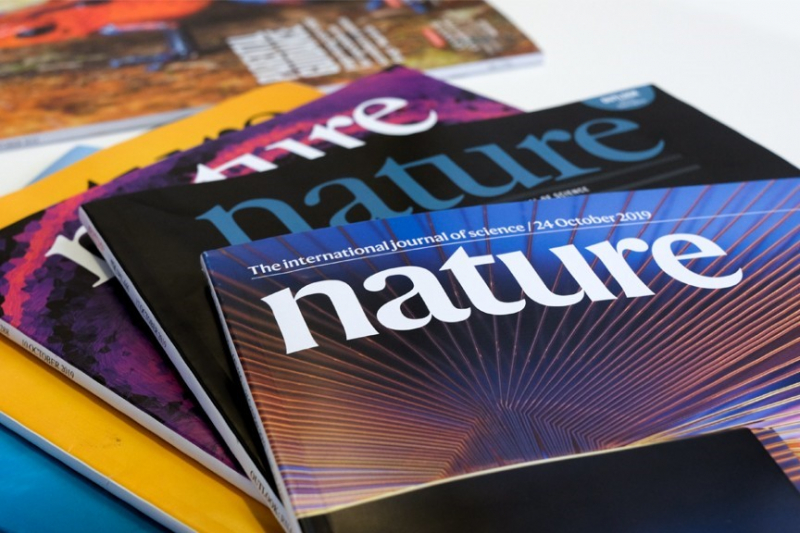The article includes an analysis of the data on vaccination with Sputnik V in Russia and other countries, such as Argentina, Brazil, and San Marino. Author Bianca Nogrady believes that the received results confirm the efficiency and safety of the vaccine.
In February 2021, an article on the efficiency of the Russian vaccine was published in The Lancet, a major medical journal. Back then, the experts said that the vaccine’s efficiency in preventing infection and helping to avoid severe cases is 91.6% and 100% respectively.
Daniil Shirokov, a specialist in scientometrics and head of ITMO’s Center for Development of Publishing Activities, has shared his opinion on what publications in Nature and The Lancet mean for the reputation of the Russian vaccine:

Daniil Shirokov
Among all Russian vaccines, Sputnik V is most open in terms of available information. Publication of clinical testing results in The Lancet is a great proof of that and also a good signal to the global community.
When it comes to the article in Nature, it’s a popular science (but still quite competent) summary of the available data on the vaccine’s efficiency. People will certainly remain skeptical about the efficiency of Sputnik V for some time. The thing is, even though the vaccine is used in more than 65 countries worldwide, there are few published results of its clinical efficiency. There was research by doctors from San Marino who have tested its safety for people older than 60 (and it showed that the vaccine is safe) but the article is still a preprint. There are press releases and official statements from healthcare institutes of the United Arab Emirates and Argentina, where Sputnik V is used in 62% of cases. However, until this data is published as a reviewed article, the distrust will remain. Approval of the vaccine by the WHO would be an important milestone but this process evidently takes a long time. Why so? It’s hard to say.
Given the fact that research on the vaccine takes place now and the results are to be published soon, I think that lack of trust will decrease. A more open policy of the Ministry of Health in terms of publishing information on side effects would certainly benefit this process.
Largely though, processed data on vaccines reaches us with a serious delay. That’s true not only for Sputnik V but also for the rest of the vaccines, both Russian and international. The current paradigm in scientific research these days is “it’s better to check everything several times before publishing,” which is great, but unfortunately, the virus won’t wait.
